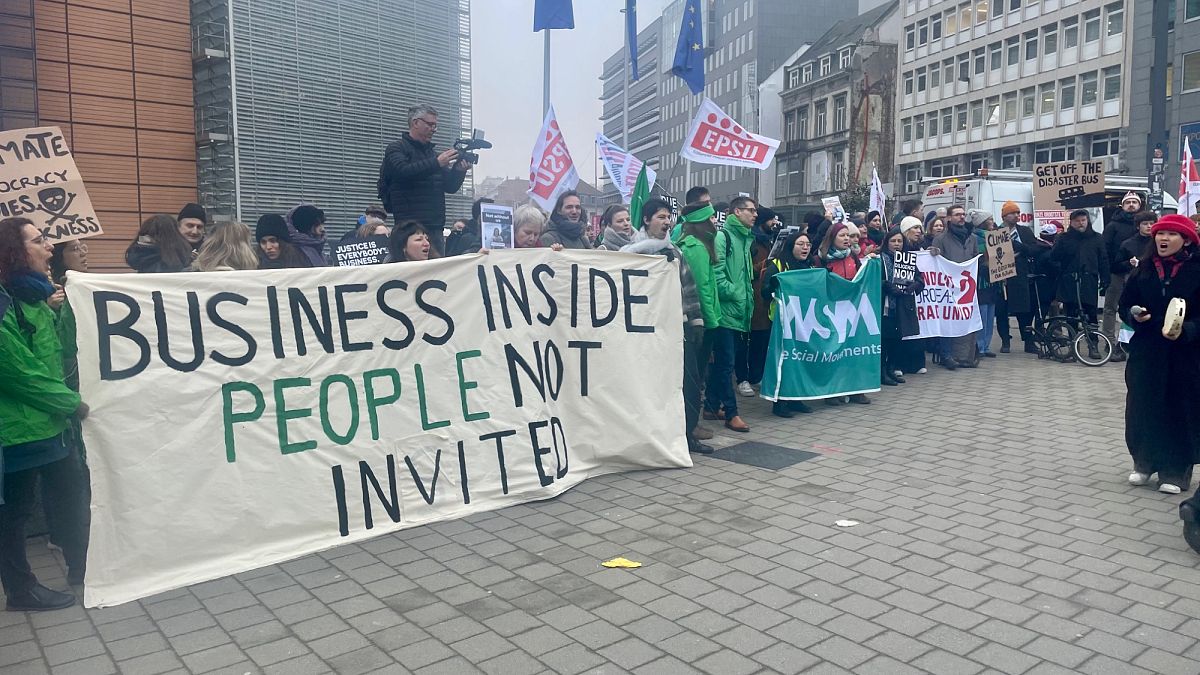Brussels wants to simplify and reduce the administrative burden for businesses in order to improve European competitiveness.
Brussels is proposing a formula for improving European competitiveness: simplifying and reducing the administrative burden on companies.
According to a working plan by the European Commission, the first areas that will be impacted include important pieces of legislation such as sustainability due diligence, which ensures companies address human rights and the environmental impact of their actions.
Another affected area is taxonomy, which defines the criteria for economic activities to be aligned with a net zero trajectory.
“There is much at stake. Without simpler and more cost-effective rules, Europe will keep losing economic weight. We must be clear simplification and enhancing Europe’s competitiveness are not an end in itself,” explained Valdis Dombrovskis, Commissioner for implementing and simplifying EU law.
“What we are pursuing is to set the right conditions, to have more innovation, more business, higher growth and better jobs in Europe. This is important not only to maintain our well-being and social mode but also our ability to succeed in green and digital transitions,” he added.
The European Construction Industry Federation (FIEC) welcomed the initiative, but also submitted a position paper with its own perspective on promoting competitiveness while ensuring the EU is ahead in corporate sustainability as well.
The position paper warned that the current framework does not make it attractive for small and medium-sized enterprises to finance their sustainable activities. They instead advocate a significant reduction and simplification of the standards required, before the Commission presents its final proposal at the end of February.
“When it comes to the specific reporting obligations, it is of immense importance to reduce the complexity of sustainability reporting by reducing the number of data points defined in the framework of the European Sustainability Reporting standards,” explained Benedikt Fischer, a policy officer for the FIEC.
“There are more than 1,100 individual data points that companies have to disclose information on. This is too much and affects small and medium-sized enterprises that get that information as requests from their business partners along the value chain,” he explained.
There are concerns, however, amongst NGOs and other interest groups who protested outside the European Commission’s headquarters in Brussels while closed-door negotiations with big business took place. They fear that these simplifications will negatively affect workers’ rights, and that environmental sustainability standards will be watered down.
”This legislation is against the workers, the people, it’s about the impact that huge multinationals have on them throughout the globe, in Europe and abroad,” said Marion Lupin, a policy officer for the European Coalition of Corporate Justice.
“If you listen to the Commission, the only thing they seem to care about is how to make life easier for businesses, which we argue is just a fancy way to say how can we make business, and make the planet burn even faster than it currently is.”
For its part, the European Commission insists that the proposals will not compromise the green transition and will in fact make it cheaper.

